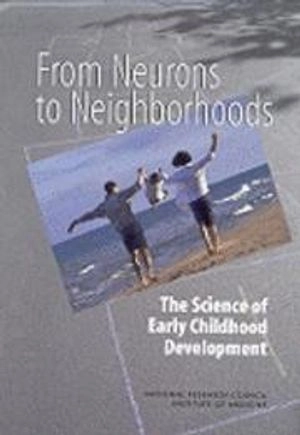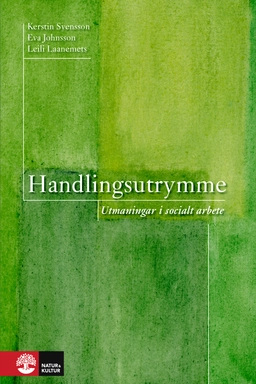

From neurons to neighborhoods : the science of early child development
- Utgiven: 2000
- ISBN: 9780309069885
- Sidor: 612 st
- Förlag: Washington, D.C. National Academy Press
- Format: Inbunden
- Språk: Engelska
Om boken
Åtkomstkoder och digitalt tilläggsmaterial garanteras inte med begagnade böcker
Mer om From neurons to neighborhoods : the science of early child development (2000)
2000 släpptes boken From neurons to neighborhoods : the science of early child development skriven av Jack P. Shonkoff, Deborah A. Phillips, National Research Council (U.S.), Institute of Medicine. Den är skriven på engelska och består av 612 sidor. Förlaget bakom boken är Washington, D.C. National Academy Press.
Köp boken From neurons to neighborhoods : the science of early child development på Studentapan och spara pengar.
Referera till From neurons to neighborhoods : the science of early child development
Harvard
Oxford
APA
Vancouver



















